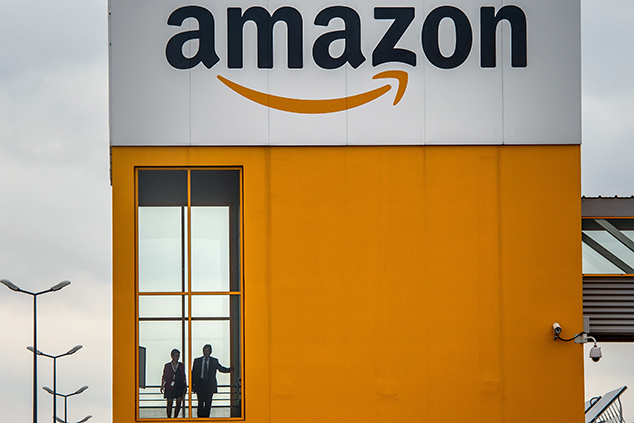
The calls for the big tech companies such as Amazon, Facebook, Google and Apple to be split apart grow ever louder and more ferocious. It’s an issue that has found rare cross-party consensus in the US, and the EU has already imposed massive fines for market dominance on the tech firms, and there is plenty of discussion about forcing them to split off whole units. It remains to be seen what happens.
Yet there is one move the critics haven’t thought of, and that shareholders have yet to take into account. The likes of Jeff Bezos at Amazon and Sergey Brin and Larry Page at Google could learn a lesson from the greatest monopoly tycoon of all time – John D Rockefeller – and break themselves up.
A lesson from Standard Oil
A century ago, Rockefeller’s Standard Oil faced equally intense criticism from anti-trust legislators and regulators. It was the dominant power in the oil industry at a time when that was becoming the most important fuel of the age. At one point it controlled more than 80% of production, refining and distribution across the US. Its tentacles spread everywhere, and its founder was by far the richest man in the world (just as Bezos is today). In 1911, the Supreme Court forced it to break up into 34 separate companies. The twist, however, was that most of them flourished and became the firms that controlled the industry for the next century. Standard Oil of New Jersey became Exxon, or Esso as it was known in the rest of the world. Standard Oil of New York turned into Mobil and eventually merged with Exxon. Standard Oil of California became Chevron. Standard Oil of Indiana became Amoco, which eventually merged with BP.
The company fought the break-up, and so did its founder. But it didn’t work out too badly in the end. As the owner of about 25% of the equity in each new unit, Rockefeller’s fortune just grew and grew after the split, and the companies spun out of Standard continued to dominate the oil industry. Indeed, they still do today.
The tech giants could follow suit. Take Amazon. It could fairly easily split into three units: Amazon retail, shipping books and everything else around the world; Amazon media, which would include its TV unit, the Kindle store, and music streaming; and Amazon web services, which would own its massive cloud-computing business. It might lose a few synergies on its Prime service, but it could easily cover that with some form of sharing arrangement. Indeed, arguably the three baby Amazons would be in better shape after a split, simply because they would be smaller and more focused.
The same is true of Alphabet, or Google. It could be split into search, covering its main website; mobile systems, which would own the Android operating system and all the apps that come with it; and web services, which would control the Play Store, and potentially all the other internet devices the company has been investing in. The chances are that each unit would keep on growing, and the two founders would have a controlling interest in all of them.
The same logic could be applied to Apple and Facebook. Apple could split into its hardware unit, making computers and phones, and a web-services unit covering TV, games and music streaming. Likewise, Facebook could split out WhatsApp from the main social-media site, and it could possibly split itself geographically as well, just as Standard Oil did a century ago.
Bezos, Page and Brin are, without doubt, the smartest businessmen in the world. Their one final stroke of genius would be to orchestrate their own break-up. It would protect their empires from the threat of an imposed break-up, and allow them to control the process rather than leaving it at the mercy of regulators and politicians. And it would make them even richer and more powerful – even if that is probably not quite what their critics have in mind.